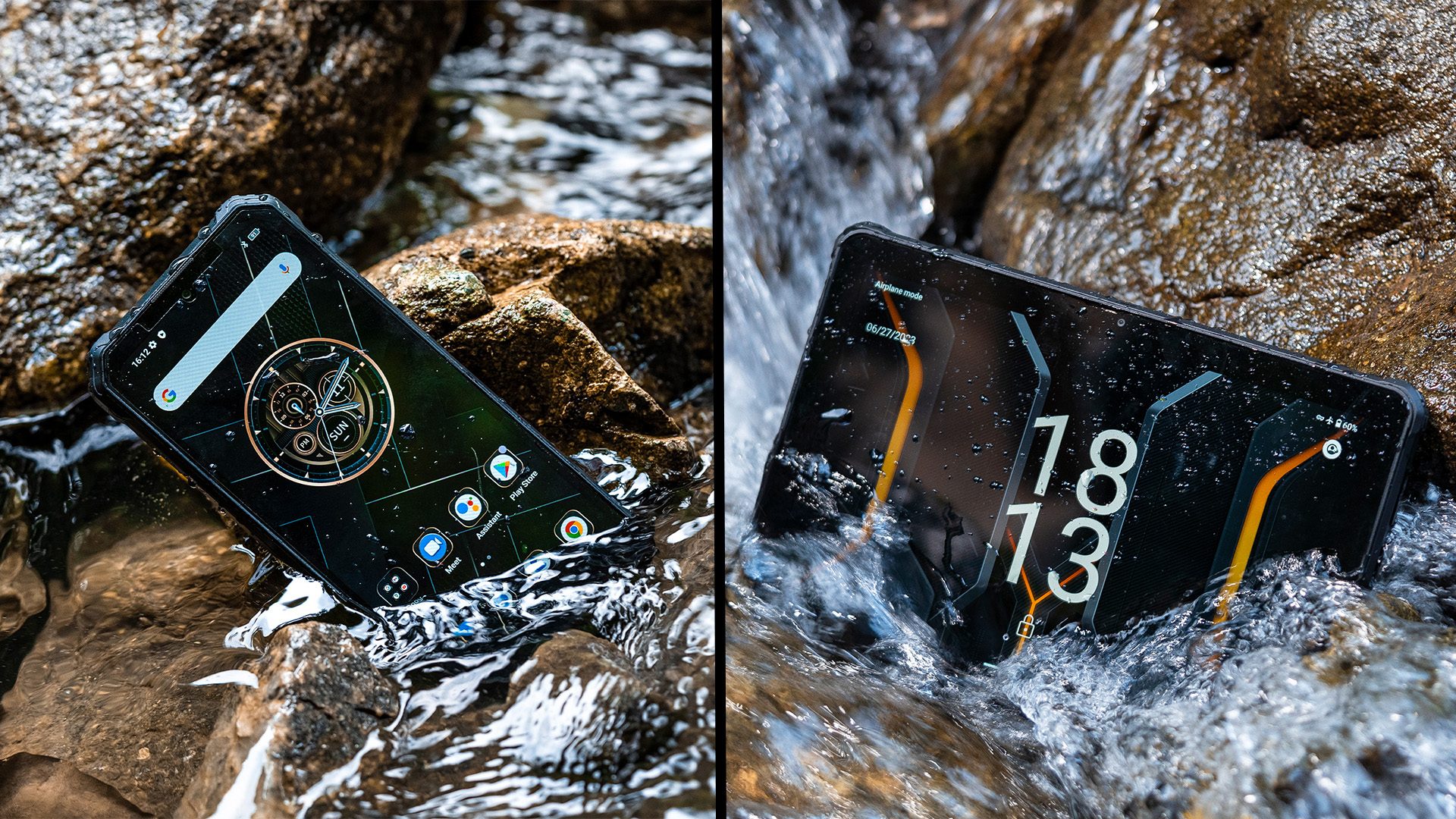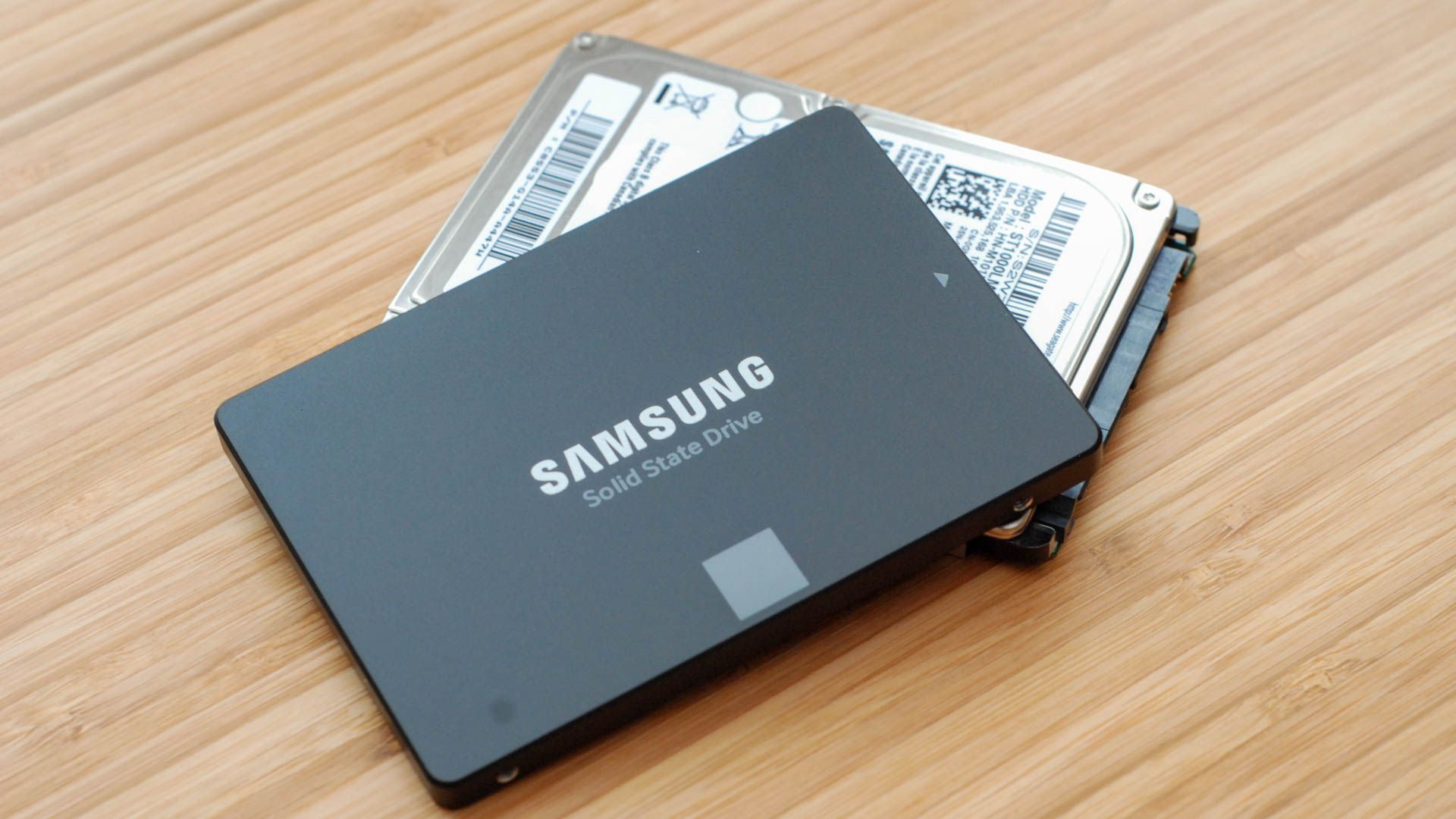
Baldur’s Gate 3 is an expansive RPG – a game with a combined total of 600 spells and actions to experiment with, one that encourages you to navigate its environment in novel ways, to constantly interact with the world around you.
But how exactly do you translate an uncompromising RPG to a controller without it feeling like eating a wet hotdog?
Thankfully, we’ve got the answers. Baldur’s Gate 3 has been built for PS5 from day one. Today let’s take a look at the fruit of our labor, the hotdog in question: your DualSense wireless controller, and all that we’ve done to deliver the game’s complexities in just a few buttons and triggers.
A new generation of RPGs
While we had experience bringing controller support to the Divinity: Original Sin series, Baldur’s Gate 3 is a much larger and more challenging game to adapt by comparison.
So we took its interface and streamlined it, turning our original UI into radial menus which felt more intuitive to use with a controller. Your most essential tools can be accessed at the pull of a trigger button, which brings up a large radial for access to your map, journal, spellbook, character sheet, combat log, alchemy, short rests, long rests, and your camp, as well as your level-up screen and Illithid Powers skill tree.
Your actions, spells, cantrips, and items – their total number potentially in the thousands depending on how much armor, health potions, and wheels of cheese you may have accumulated on your journey – become muscle memory, accessible through a series of customizable radial menus. Organize your spells how you see fit, change up which items and actions are at your fingertips, add new radials to the list or rein things in and remove the ones that you don’t need.
We’ve also made some features more immediately accessible to you, like Dialogue History which can be pulled up mid-conversation for a quick reminder of what’s just passed, and the top-down Tactical View which can be accessed simply by zooming out fully on your camera using your right stick. Jump and Examine also mapped on your controller with regular use in mind, and can both be found right on your d-pad.
Coming to DualSense controller technology
With our release to PlayStation 5 just around the corner we’ve pushed how we use controllers in the game even further, harnessing DualSense controller technology to make your experience feel more immersive in combat and as you flip through your menus.
In battles between magic wielders, the light bar will take on the color of your spell – matching the color of the damage type or colored to the spell intent that you’re casting. During moments of heightened pressure, its brightness will intensify, accompanied by resonating haptics.
When you’re affected by a core status like Paralyzed, Bleeding, or Charmed, your DualSense controller will light up with a matching color.
We’ve also made use of the controller’s adaptive triggers and added actuation points and feedback for left and right triggers, giving a sense of weight to the act of switching between menus. A light pull of the trigger will let you peek at your radial menus for a moment – a helpful feature in the heat of combat – while a hard press that pushes past the resistance point will lock in the menu.
Freedom to explore how you want
Like any good D&D campaign, in Baldur’s Gate 3 it’s the players who decide how they’ll explore the Forgotten Realms. BG3 is similarly flexible when it comes to controller schemes, allowing players to pick the setup that best suits their style and preference.
Playing with a controller introduces a really immersive way of exploring Faerun – no holds barred, as you control your character’s movements directly and in the moment like in a third-person game.
While for actions that may benefit from the specificity of point-and-click, there is Cursor Mode. This places a cursor on your screen, letting you control your character in the traditional point-and-click style.
Baldur’s Gate 3 is coming to PlayStation 5 tomorrow, you can pre-load the game today ahead of its release.
Baldur’s Gate 3 is an expansive RPG – a game with a combined total of 600 spells and actions to experiment with, one that encourages you to navigate its environment in novel ways, to constantly interact with the world around you.
But how exactly do you translate an uncompromising RPG to a controller without it feeling like eating a wet hotdog?
Thankfully, we’ve got the answers. Baldur’s Gate 3 has been built for PS5 from day one. Today let’s take a look at the fruit of our labor, the hotdog in question: your DualSense wireless controller, and all that we’ve done to deliver the game’s complexities in just a few buttons and triggers.
A new generation of RPGs
While we had experience bringing controller support to the Divinity: Original Sin series, Baldur’s Gate 3 is a much larger and more challenging game to adapt by comparison.
So we took its interface and streamlined it, turning our original UI into radial menus which felt more intuitive to use with a controller. Your most essential tools can be accessed at the pull of a trigger button, which brings up a large radial for access to your map, journal, spellbook, character sheet, combat log, alchemy, short rests, long rests, and your camp, as well as your level-up screen and Illithid Powers skill tree.
Your actions, spells, cantrips, and items – their total number potentially in the thousands depending on how much armor, health potions, and wheels of cheese you may have accumulated on your journey – become muscle memory, accessible through a series of customizable radial menus. Organize your spells how you see fit, change up which items and actions are at your fingertips, add new radials to the list or rein things in and remove the ones that you don’t need.
We’ve also made some features more immediately accessible to you, like Dialogue History which can be pulled up mid-conversation for a quick reminder of what’s just passed, and the top-down Tactical View which can be accessed simply by zooming out fully on your camera using your right stick. Jump and Examine also mapped on your controller with regular use in mind, and can both be found right on your d-pad.
Coming to DualSense controller technology
With our release to PlayStation 5 just around the corner we’ve pushed how we use controllers in the game even further, harnessing DualSense controller technology to make your experience feel more immersive in combat and as you flip through your menus.
In battles between magic wielders, the light bar will take on the color of your spell – matching the color of the damage type or colored to the spell intent that you’re casting. During moments of heightened pressure, its brightness will intensify, accompanied by resonating haptics.
When you’re affected by a core status like Paralyzed, Bleeding, or Charmed, your DualSense controller will light up with a matching color.
We’ve also made use of the controller’s adaptive triggers and added actuation points and feedback for left and right triggers, giving a sense of weight to the act of switching between menus. A light pull of the trigger will let you peek at your radial menus for a moment – a helpful feature in the heat of combat – while a hard press that pushes past the resistance point will lock in the menu.
Freedom to explore how you want
Like any good D&D campaign, in Baldur’s Gate 3 it’s the players who decide how they’ll explore the Forgotten Realms. BG3 is similarly flexible when it comes to controller schemes, allowing players to pick the setup that best suits their style and preference.
Playing with a controller introduces a really immersive way of exploring Faerun – no holds barred, as you control your character’s movements directly and in the moment like in a third-person game.
While for actions that may benefit from the specificity of point-and-click, there is Cursor Mode. This places a cursor on your screen, letting you control your character in the traditional point-and-click style.
Baldur’s Gate 3 is coming to PlayStation 5 tomorrow, you can pre-load the game today ahead of its release.










